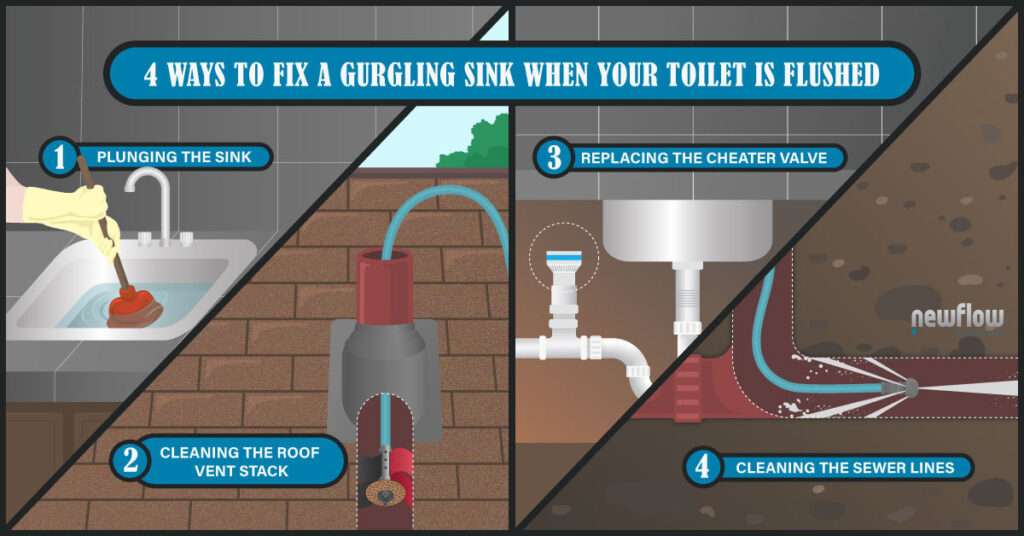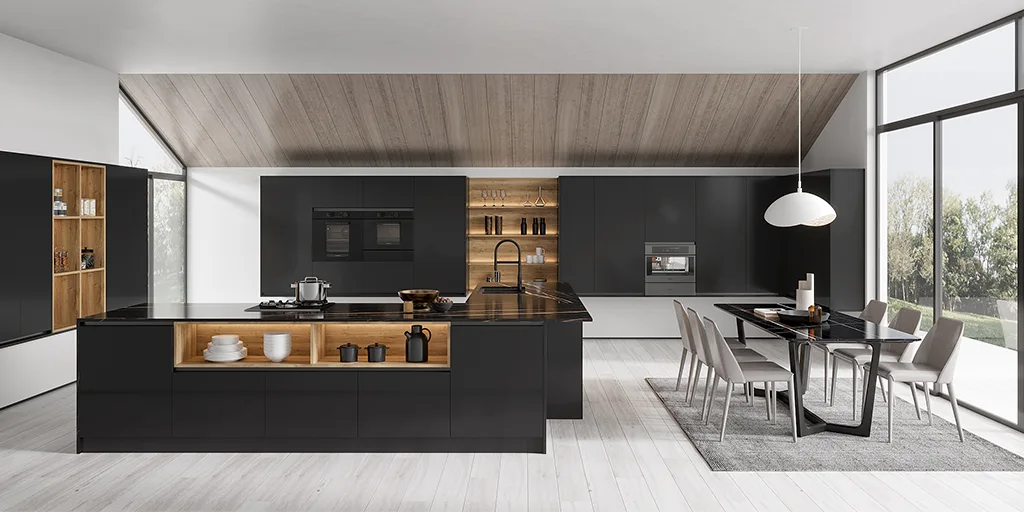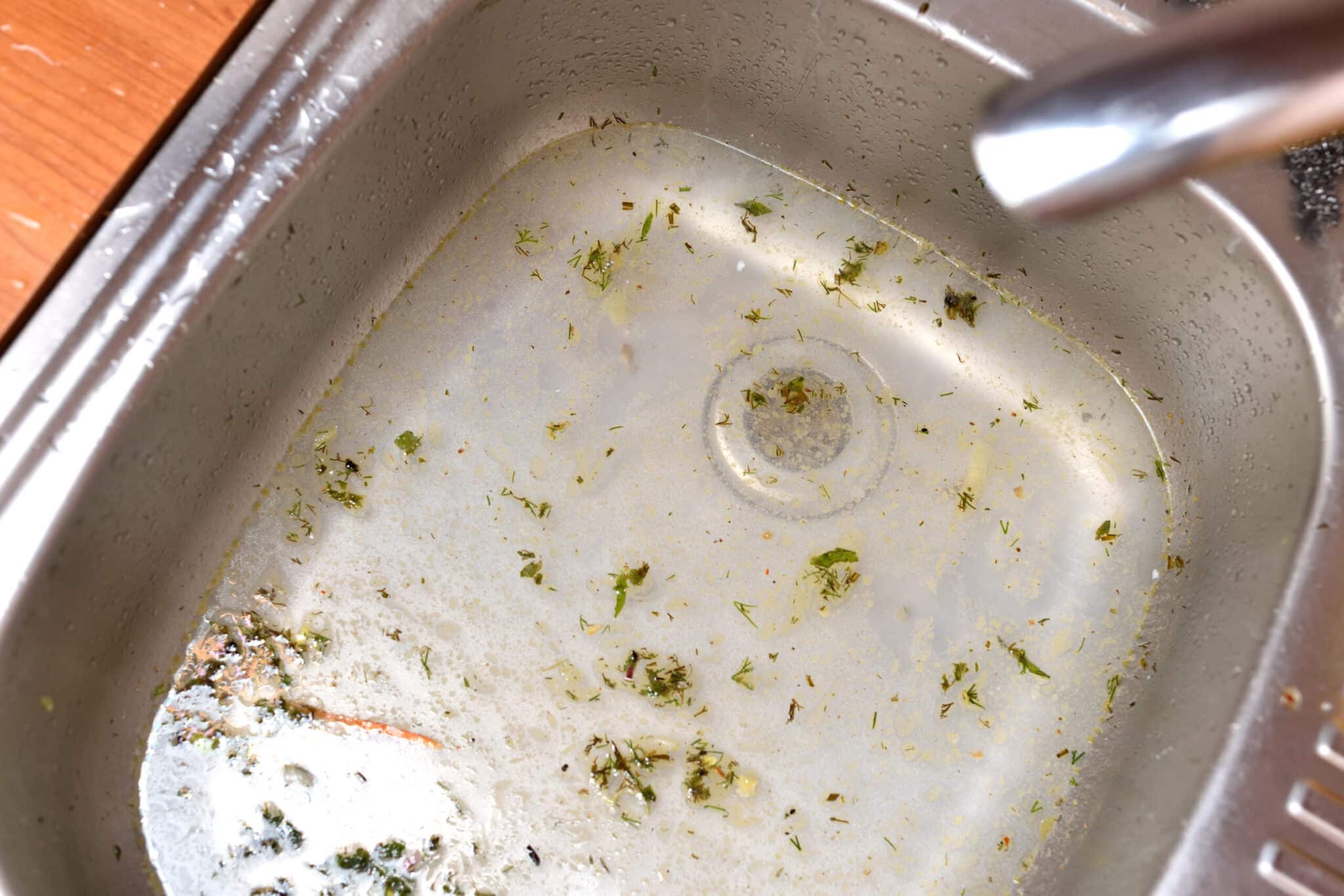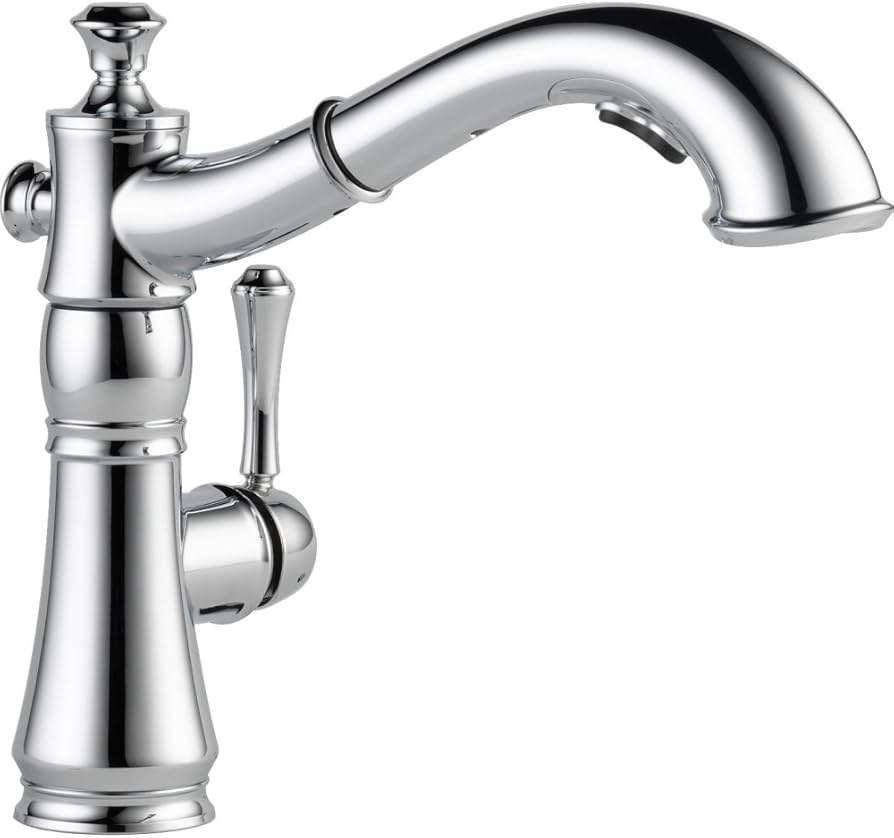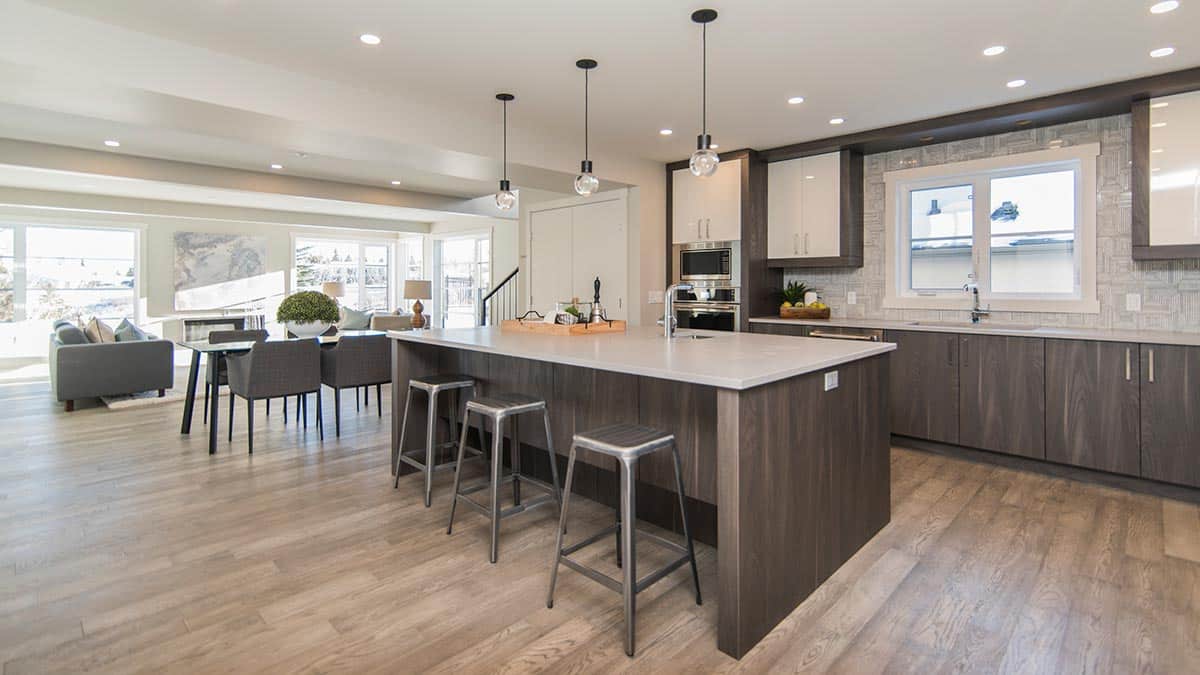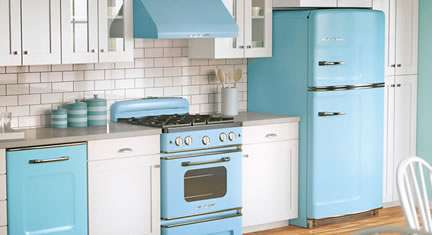The disconcerting sound of your **kitchen sink gurgling when the toilet is flushed** is more than just a minor annoyance; it’s a symptom of a deeper plumbing issue within your home’s drainage system. This strange symphony of bubbles and gurgles often indicates a negative pressure situation‚ where the vacuum created by the flushing toilet is pulling air from the nearest available source – in this case‚ your kitchen sink drain. This isn’t just about unpleasant noises; it can also signify potential blockages and the risk of sewer gases backing up into your home. Understanding the root cause of why your **kitchen sink gurgles when the toilet is flushed** is the first step towards resolving the problem and ensuring the smooth operation of your plumbing.
Understanding the Plumbing System and its Vents
To understand why this happens‚ it’s crucial to grasp the basics of your home’s plumbing system; Wastewater flows out of your fixtures and into the main drainpipe‚ which then connects to the sewer line. However‚ the system also needs air to function correctly. This is where vent pipes come in.
- Vent Pipes: These pipes extend from your drain lines up to the roof‚ allowing air to enter the system. This air equalizes pressure‚ preventing vacuums from forming as water drains.
- Drain Pipes: These pipes carry wastewater away from your fixtures and appliances.
- The Interconnection: A properly functioning vent system ensures that air enters the drainpipes when water flows‚ preventing the creation of a vacuum that could suck water from other fixtures.
Possible Causes of the Gurgling
Several factors can contribute to the kitchen sink gurgling when the toilet is flushed. The most common culprit is a blockage in the main drain line or a problem with the vent system.
Blockage in the Main Drain Line
A partial blockage in the main drain line restricts the flow of wastewater. When you flush the toilet‚ a large volume of water is discharged‚ creating a strong suction. If the drain line is partially blocked‚ the water struggles to flow freely‚ creating a vacuum that pulls air from the nearest available source‚ which is often the kitchen sink drain.
Vent System Issues
If the vent pipes are blocked by debris (leaves‚ bird nests‚ or even snow)‚ they can’t provide the necessary air to equalize pressure. This blockage creates a similar effect to a blockage in the drain line‚ leading to the gurgling sound in the kitchen sink.
Other Potential Issues
- Sewer Line Problems: Issues with the main sewer line connection outside your home can also cause backpressure and gurgling.
- Improper Plumbing: Sometimes‚ the plumbing itself wasn’t installed correctly‚ leading to inadequate venting or drainage.
Troubleshooting and Solutions
Addressing the gurgling sink requires identifying the root cause. Here are some troubleshooting steps and potential solutions:
- Check for Obvious Blockages: Start by checking the kitchen sink drain and the toilet for any visible blockages.
- Plunge the Toilet: Use a plunger to clear any potential obstructions in the toilet.
- Clear the Vent Pipe: Carefully inspect the vent pipes on the roof for any debris and remove it. (Exercise caution when working on the roof.)
- Use a Drain Snake: A drain snake can help clear blockages in the drain lines.
- Call a Professional Plumber: If you’ve tried these steps and the gurgling persists‚ it’s time to call a licensed plumber. They have the tools and expertise to diagnose and resolve more complex plumbing issues.
Finally‚ resolving the problem of your kitchen sink gurgling when the toilet is flushed is essential for maintaining a healthy and efficient plumbing system. By understanding the potential causes and taking appropriate action‚ you can eliminate the gurgling and ensure the smooth operation of your plumbing.
Preventative measures can also be implemented to minimize the risk of future gurgling issues. Regularly flushing drains with hot water can help prevent the buildup of grease and debris. Avoid flushing non-flushable items down the toilet‚ such as feminine hygiene products or excessive amounts of paper towels. Consider installing drain screens in sinks to catch hair and other debris before they enter the drainpipes. A proactive approach to plumbing maintenance can save you from future headaches and costly repairs.
THE IMPORTANCE OF PROFESSIONAL PLUMBING SERVICES
While some plumbing issues can be addressed with DIY methods‚ others require the expertise of a qualified plumber. A plumber can perform a thorough inspection of your plumbing system‚ identify the underlying cause of the gurgling‚ and recommend the most effective solution. They have access to specialized tools and equipment‚ such as video cameras for inspecting drain lines and high-pressure water jets for clearing stubborn blockages. Furthermore‚ a professional plumber can ensure that all repairs are performed according to code‚ preventing future problems and protecting your property.
Here’s a comparative table illustrating the benefits of DIY versus professional plumbing services:
Feature
DIY Plumbing
Professional Plumbing
Cost
Lower upfront cost
Higher upfront cost
Expertise
Limited to personal knowledge
Extensive knowledge and experience
Tools & Equipment
Basic tools
Specialized tools and equipment
Problem Solving
Limited to simple solutions
Comprehensive problem solving
Long-Term Reliability
Potentially less reliable
More reliable and durable repairs
Warranty
Typically no warranty
Warranty on parts and labor
In conclusion‚ while a gurgling sound emanating from the kitchen sink when the toilet is flushed might seem like a trivial matter‚ it can indicate more serious plumbing problems. Understanding the causes and taking appropriate action‚ whether through DIY troubleshooting or seeking professional assistance‚ is crucial for maintaining a healthy and efficiently functioning plumbing system. Addressing the gurgling swiftly prevents further damage and ensures your home remains a comfortable and sanitary environment.
